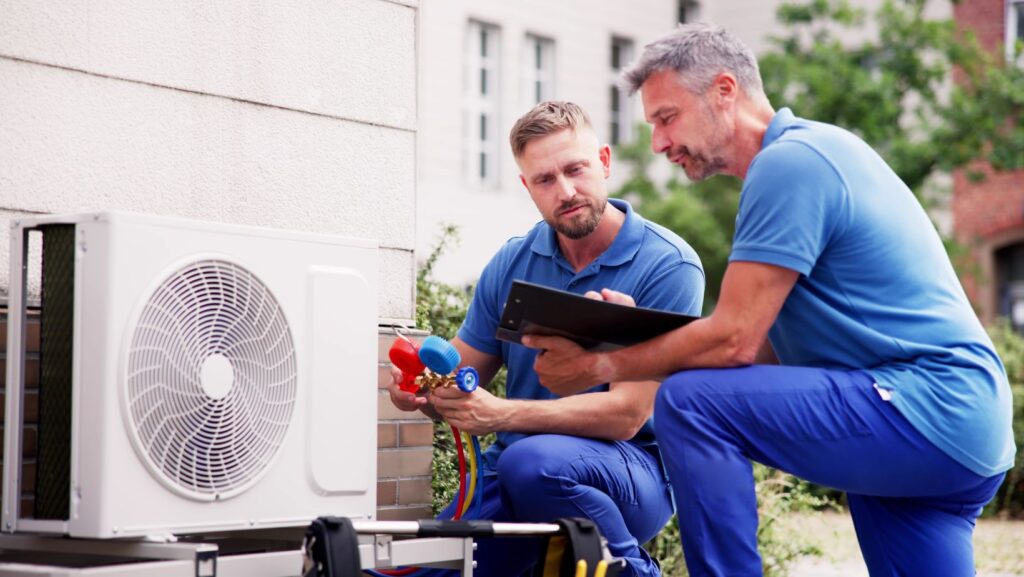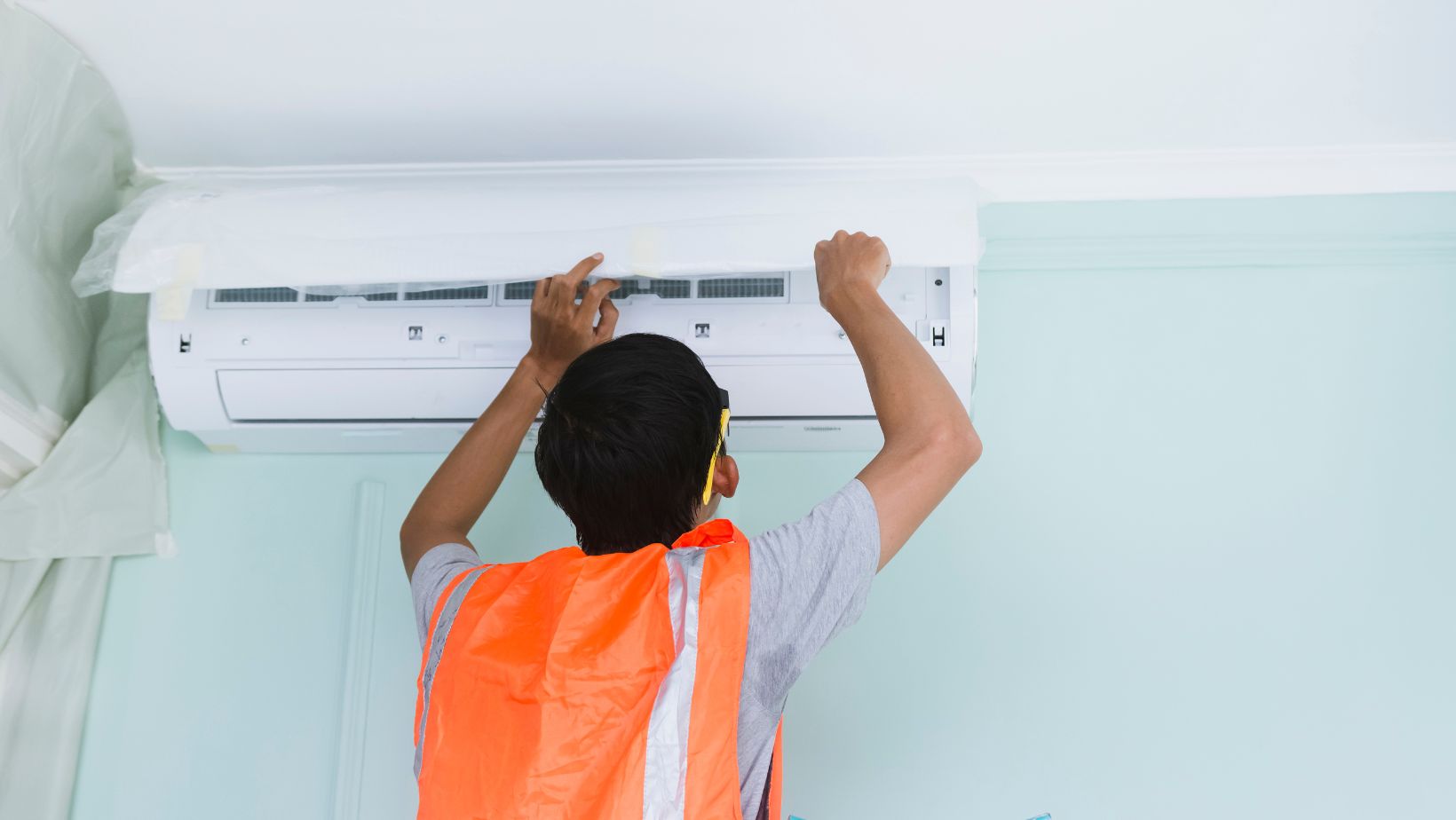Maintaining a comfortable indoor climate year-round is a priority for homeowners and business operators, especially in areas where temperatures fluctuate widely with the seasons. We will explore how HVAC service contributes to achieving this goal by ensuring that heating, ventilation, and air conditioning systems operate efficiently, reliably, and safely. An HVAC system that functions properly provides warmth in winter and cooling in summer and supports indoor air quality and energy management. With regular service, systems can avoid unnecessary breakdowns, maintain optimal performance, and deliver consistent comfort across changing weather patterns. HVAC service involves more than just emergency repairs—it encompasses inspections, cleaning, adjustments, and system assessments that keep equipment running smoothly. As energy costs continue to rise and environmental concerns gain attention, the demand for reliable HVAC service grows alongside the need for sustainable, effective climate control solutions in homes and commercial buildings.
Role Of Hvac Service In Home Comfort
1.Preventive Maintenance as a Key to HVAC Efficiency
Routine maintenance is fundamental to keeping HVAC systems operating at peak performance and avoiding costly disruptions. Without regular inspections and servicing, heating and cooling equipment can experience a decline in efficiency, resulting in uneven temperatures, increased energy bills, and premature wear on system components. Preventive HVAC service addresses these risks by proactively identifying issues before they escalate into major repairs. Technicians clean coils, check refrigerant levels, test controls, and examine moving parts to ensure everything functions as intended. This care improves airflow, reduces strain on motors, and helps systems maintain manufacturer-recommended performance standards. For property owners seeking dependable support, finding a reliable Portland HVAC service ensures that maintenance is tailored to the unique demands of the local climate and building characteristics. Investing in preventive care ultimately translates into fewer emergency calls, better energy efficiency, and a longer lifespan for HVAC systems, providing peace of mind and financial savings over time.
2.Tailoring HVAC Solutions to Different Building Types
Every building has distinct heating, cooling, and ventilation needs based on size, occupancy, usage patterns, and structural design. HVAC service providers are vital in tailoring solutions that meet these varied requirements, whether for residential homes, office complexes, restaurants, or healthcare facilities. A residential system designed for a family home may prioritize comfort and quiet operation. In contrast, a commercial system for a large office building must account for zoning, air quality, and the needs of multiple occupants across different areas. Technicians assess building layouts, insulation, window placement, and occupancy levels to recommend appropriate systems or modifications. This approach ensures that heating and cooling capacity aligns with actual demand, avoiding the pitfalls of undersized or oversized equipment. Tailored solutions improve comfort and reduce energy waste by optimizing system performance for the specific environment. HVAC service providers help clients navigate these complexities, offering recommendations that balance comfort, efficiency, and practicality for each unique space.
3.Addressing Indoor Air Quality Through Comprehensive HVAC Care
Indoor air quality is an increasingly important consideration for maintaining healthy living and working environments, especially as buildings become more airtight and reliant on mechanical ventilation. HVAC service is central in managing air quality by maintaining clean filters, ensuring proper ventilation rates, and controlling humidity levels. Poor indoor air quality can lead to respiratory issues, allergies, and discomfort for occupants, particularly in buildings with inadequate filtration or ventilation. HVAC technicians evaluate system components to identify opportunities for improvement, such as upgrading to higher-efficiency filters, installing air purifiers, or adjusting ventilation strategies to enhance fresh air exchange. In commercial settings, air quality measures may also support compliance with occupational health standards and contribute to employee well-being. Routine HVAC service ensures that these systems continue functioning as intended, protecting occupants from pollutants and maintaining a healthier indoor environment. By prioritizing air quality alongside temperature control, HVAC service supports comfort and wellness in residential and commercial spaces.
4.Responding Promptly to HVAC System Failures and Emergencies
Despite regular maintenance, HVAC systems can still encounter unexpected failures, particularly during peak heating or cooling seasons when demand is highest. Prompt response to these emergencies is essential to restoring comfort and preventing further issues such as frozen pipes, overheating equipment, or indoor air discomfort. HVAC providers offer emergency repair services that quickly diagnose problems, source necessary parts, and complete repairs to minimize downtime. Common issues include refrigerant leaks, compressor failures, thermostat malfunctions, or blower motor breakdowns that require immediate attention. Establishing a relationship with a trusted HVAC service company ensures that help is readily available when critical systems falter. Quick intervention protects occupant comfort and business continuity in commercial settings where controlled indoor climates are essential for operations. HVAC service providers’ ability to respond efficiently reinforces their role as reliable partners in maintaining comfort and safeguarding property. Their readiness to address urgent problems reflects the importance of dependable service for managing unforeseen heating and cooling challenges.
A Lasting Commitment to Comfort, Efficiency, and Reliability
HVAC service is a cornerstone of maintaining comfortable, healthy, and energy-efficient indoor environments for residential and commercial buildings. We will explore how its role encompasses preventive maintenance, tailored solutions, air quality management, and responsive repairs, providing comprehensive care that extends system life and enhances daily living. By prioritizing regular service, property owners can reduce energy waste, prevent costly breakdowns, and support sustainable climate control solutions that meet the demands of modern living. HVAC service providers contribute to more than temperature regulation—they help create resilient spaces that adapt to seasonal changes, occupancy needs, and evolving environmental standards. As technology advances and expectations for energy performance grow, the role of HVAC service continues to evolve, integrating new tools and practices to meet these challenges. Through ongoing care and attention, HVAC service empowers homes and businesses to enjoy reliable comfort while managing costs and environmental impact, reinforcing its enduring value in building management.

